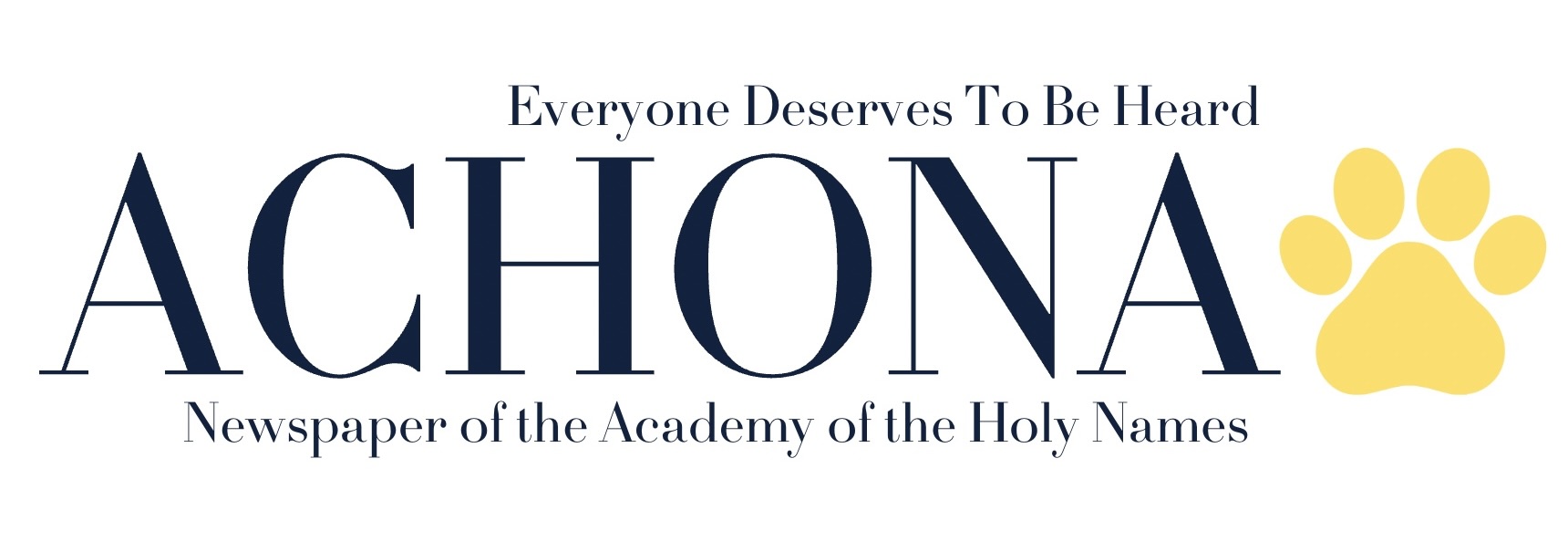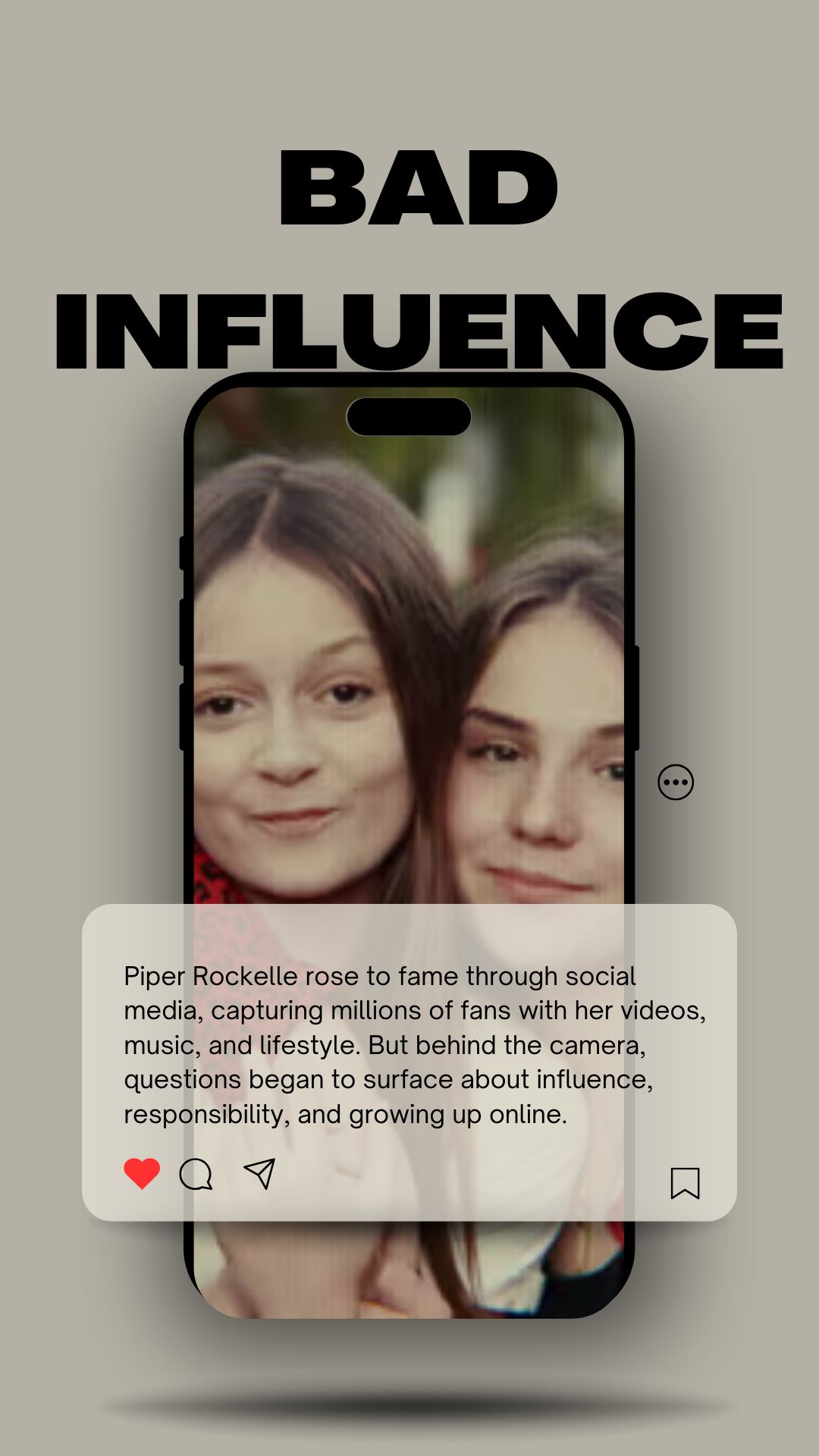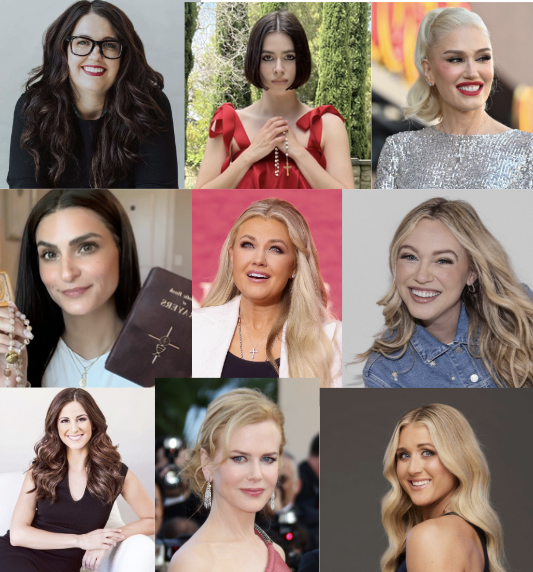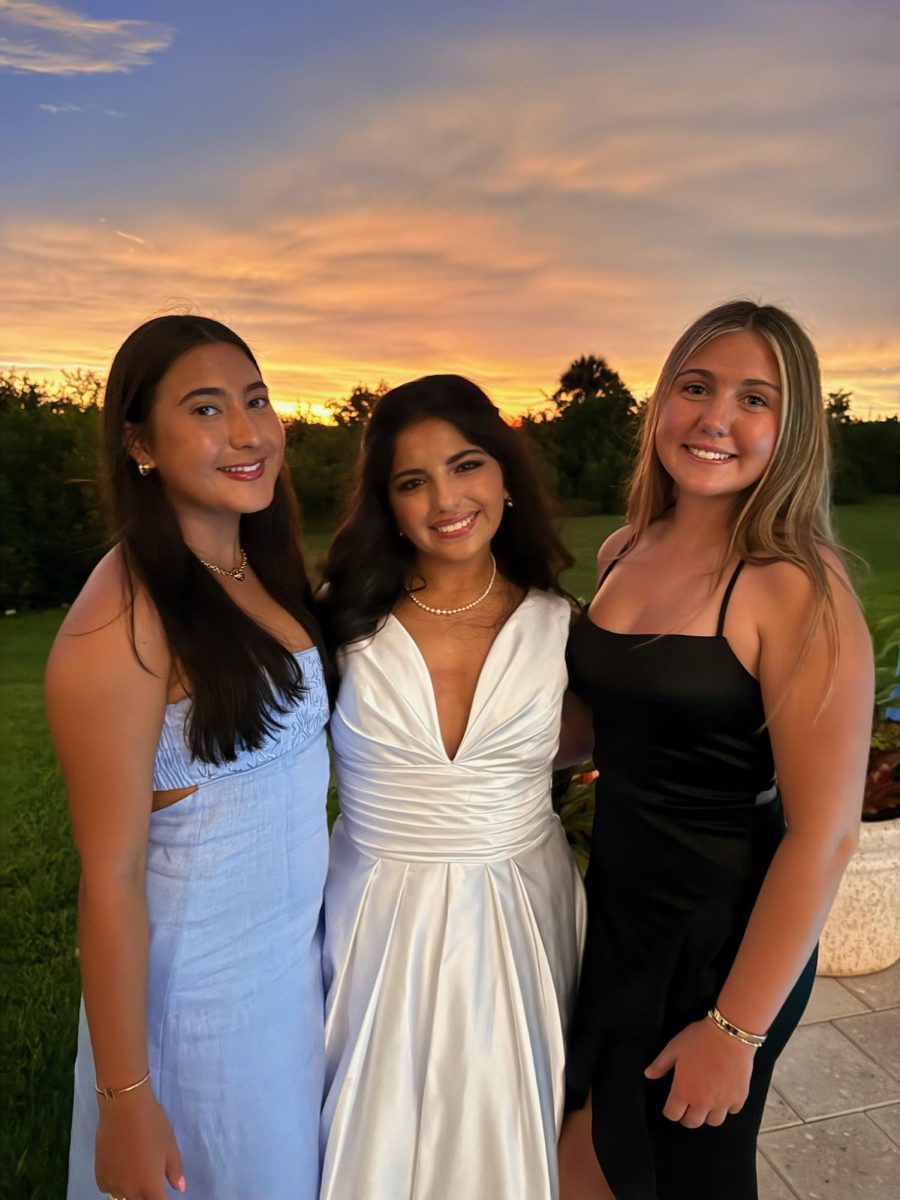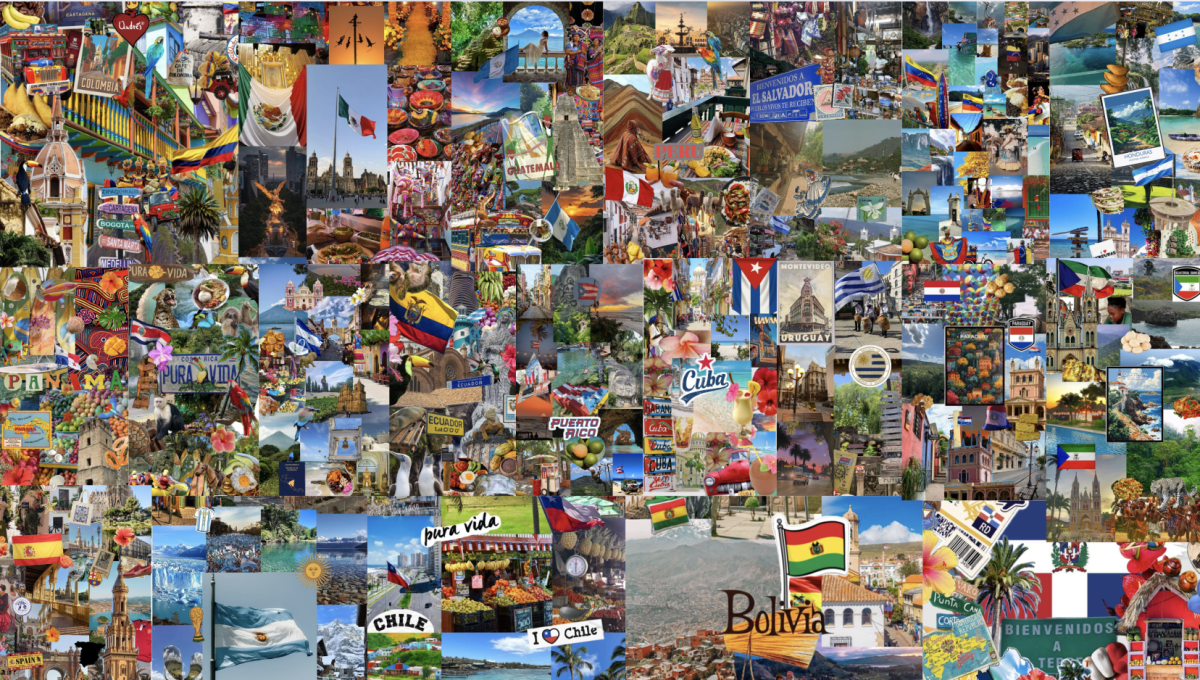At first glance, Piper Rockelle’s life looked like every teenager’s dream. She had millions of followers, so many influencer friends, sponsorships, and was the spotlight of internet fame. However, the truth behind the screen told a much different story, one that inspired legal change in the state of California. This story continues to spark conversations about online safety and protecting the “kidfluencers” of the digital world.
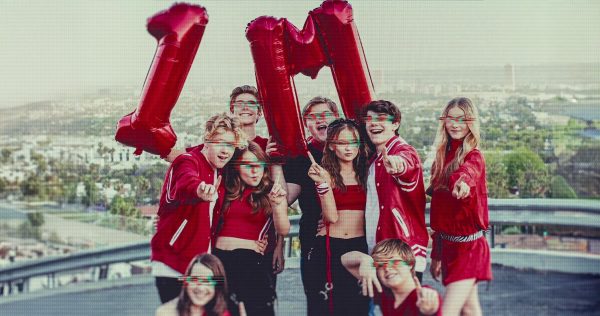
Piper began her YouTube career at just nine years old. Having been in pageants since she could walk, Piper was used to being in front of a camera. Her mother, Tiffany Smith, saw this as an opportunity and quickly leaned into the idea of showcasing her daughter’s “natural talent” for being online. As Piper’s fame grew, so did the family’s brand.
Soon, Tiffany was pulling other children into the spotlight through platforms like Instagram and Musical.ly, setting the stage for what would become an empire—and a source of controversy.
In 2025, the show Bad Influence came out on Netflix. It documented Piper Rockelle and her relationships throughout her years on social media. This film revealed years of manipulation and exploitation at the hands of her mother. This documentary not only sparked controversy but also action.
The California “Kidfluencer” law became effective on January 1, 2025. This law aims to protect children who create content on social media. It also sets limits on filming hours, requires parental consent and documentation, and protects minors from exploitation by adult creators, including their family members.
Erin Kayata says, “Children in YouTube videos will have 15% of their earnings placed in a trust. If parents don’t adhere, their children can sue.”
This law marks a huge shift in how society views social media, especially for children. For years, family vlogging and “kidfluencer” culture have been widely accepted, often without questioning the ethics or consequences. Parents would post content about their children for profit, sometimes without thinking of the long-term effects.
Bad Influence served as a wake-up call, not just for lawmakers but for society. It reminds us that behind every perfectly edited video may be a child struggling to keep up with the pressures of internet fame. As viewers, we’re now being asked to reconsider the role we play in fueling this culture, and how we can better protect the youngest stars of the digital age.

